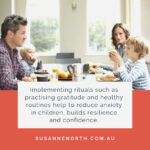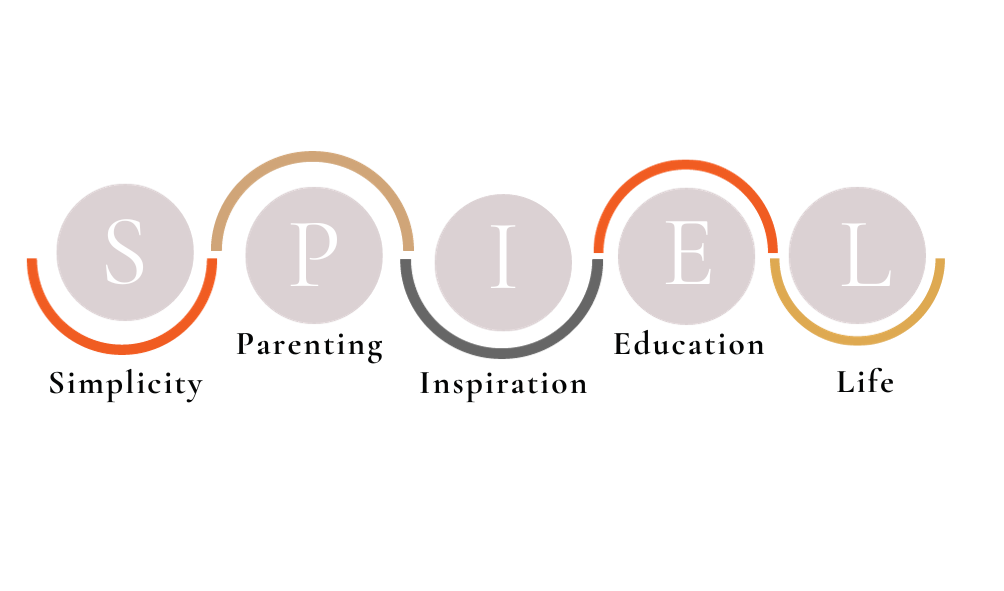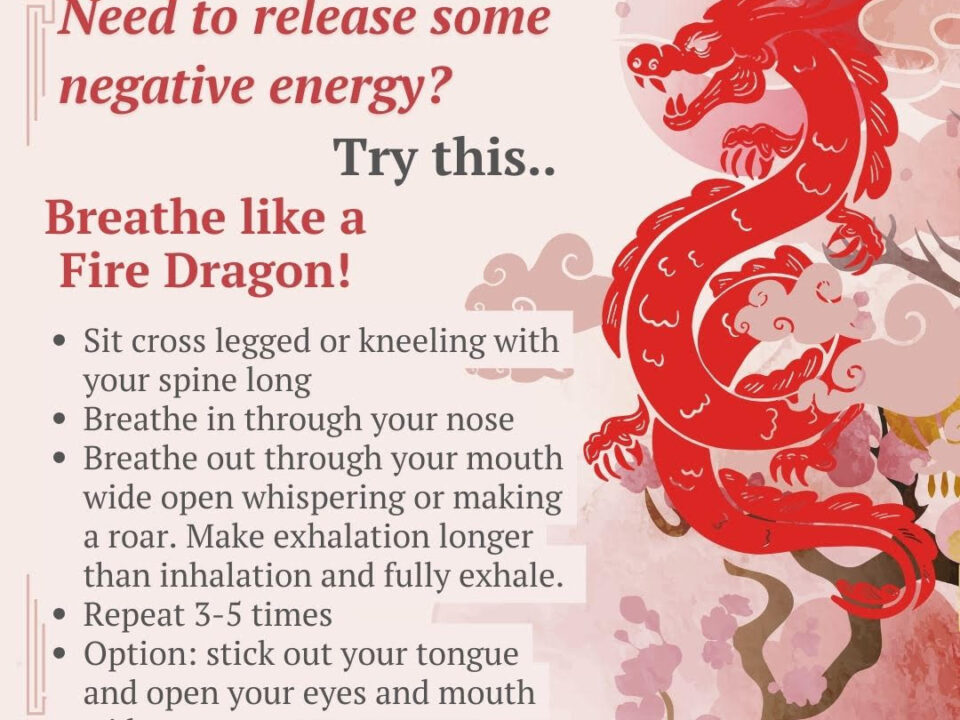
Like us, our children want to be heard, seen, affirmed and validated.
15/02/2024
A fun and effective way to teach children & families to release anger!
16/04/2024Parenting starts primarily with us and our own emotional self-regulation skills.
When our children trigger us, they usually touch something in us that we have experienced ourselves as children (e.g. not being respected, not being heard etc), or it is a shadow side in us that we do not like about ourselves, or some conditioned fears and beliefs that stand in our way, or some kind of unrealistic expectations or unmet need.
In other words, our children can hit an internal wound that has not been entirely healed or trigger a fear that prevents us from seeing the bigger picture. We start to feel some extreme internal emotional discomfort. When that happens, we flip the lid and we react from an emotional spare, rather than responding from a place of wisdom. Our reptilian brain takes control of our logical brain. Our reactivity creates rapture, disconnect, guilt, hurt, shame and sadness.
Don’t worry. I have been there many times, but there is hope. We are human and still learning.
One of the most significant things we need to develop as parents is self-awareness.
When we start shining a torch on what is really going on for us, then we gain some clarity which in return helps us to make wiser choices on how we respond to our children when they misbehave. Here is a three-step approach that – with practice and in time – will work wonders for you and your children.
Three-step approach to remaining calm
- Create self-awareness and work out what exactly riles you up when your children do not do what you ask them to do, do not listen to you or are being disrespectful.
- Gain some clarity what kind of parent you want to be? Do you want to be more patient, kind, empathetic and calm in a charging situation? Visualise yourself as this parent.
- Which strategies do you have in place that help you to remain calm, grounded and connected? How can you create some space to collect yourself and remain calm? Using mantras such as “ This is not an emergency right now. I am ok.” “ I am the wise elder here and my children are lost right now.” “I need to bring my calm in this chaos!”. “It is going to be ok!” “We are just having a moment!” Or use a deep breathing technique that works for you such as e.g. diaphragmatic or square-box breathing. The breath is usually the quickest brain hack to get us from the flight/fight into the reasoning realm.
An everyday example everyone can relate to:
So if I am a parent who yells at my kids when they don’t listen, I create awareness around that, and I realise that I do not like to be ignored or disrespected. I realise that when this happens anger and frustration rise up inside me. So now I’m aware of that and I recognise the charged feeling.
Then I think about what kind of parent I really want to be. I gain some clarity around my values and how I want to show up to my children, especially when they are misbehaving. I want to remain patient, calm, kind and connected instead of becoming a fury. I know that I can be in control, that my children are not intentionally ‘trying to get me’, and that they usually behave at their worst when they need me the most. This mindset allows me to create some space and makes me think about how I want to respond.
Using calming and breathing methods is helping me to remain calm. “Okay, this is not an emergency right now. I’m going to create space by taking some breaths”. I simply buy myself some time, and create some space to regain calm and clarity which allows me to respond to the situation in a much calmer way.
How we respond is what matters.
When we have clarity about the type of parent we want to be and have strategies in place that help us to respond, we will feel so much better about our parenting. We remain connected to our children, feel more positive and in time our children’s behaviour will become less disruptive. There is less rapture and we teach our children to self-regulate. A win-win for all.
If you struggle with this in your role as a parent or even in your workplace, I can coach you to become the parent you want to become by applying tools from mindfulness and parenting practice that will allow you to become the parent or co-worker you truly want to become.




